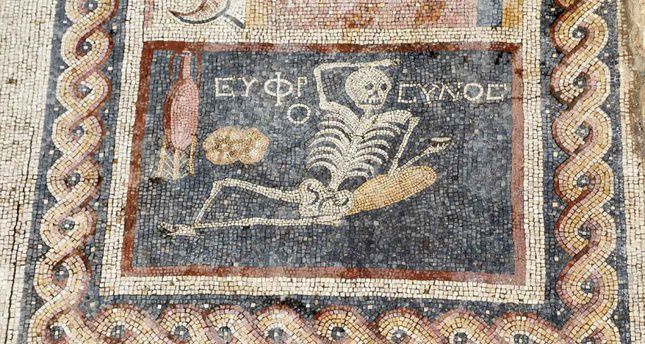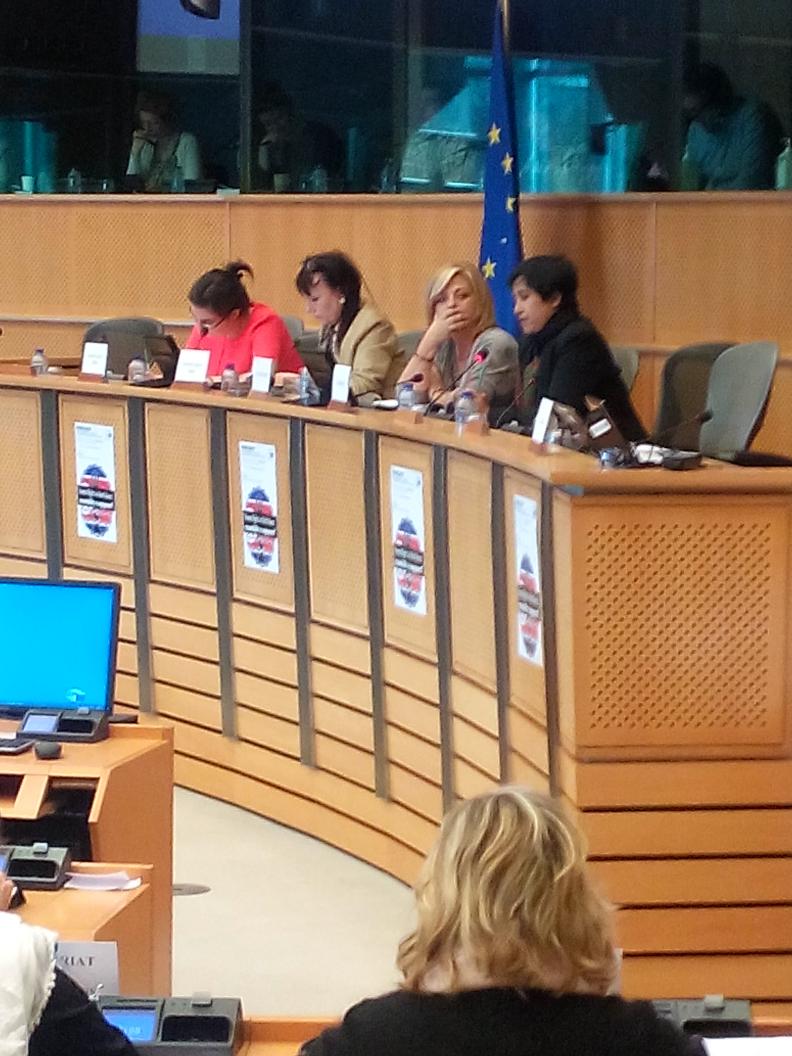Yesterday Samantha Power visited the refugee camp in Yola, Nigeria for women and girls fleeing Boko Haram. Here’s one story from one refugee:
When the boy next door joined Boko Haram, Mummy Ibrahim knew she had to run.
For the past few months, her next door neighbor had been telling everyone in their village just outside of Maiduguri that he was going to force Mummy, a soft-spoken girl with large eyes, to be his bride.
And, she said, he had finally figured out the way to do it: by pledging allegiance to Boko Haram and then taking, by force, the girl he had watched grow up into a gorgeous 15-year-old.
This is what I’m always saying – religion is such a useful tool for men who want to treat women as livestock belonging to them. Boy next door wanted to fuck Mummy Ibrahim, so he joined a murderous religious group that would give him “permission” to do just that, never mind what Mummy Ibrahim thought about it.
Mummy fled. In the middle of the night, she and her family crept out of their house and ran. It took two days to get to the village of Wuba, where friends hid them for two weeks, and then another week to make it to this town, where the United Nations has set up a refugee camp populated primarily by the women and children Boko Haram has driven from their homes.
On Friday, as Samantha Power, the United States ambassador to the United Nations, toured the camp, she was confronted by hundreds of those women and girls, standing over coal pots, sitting on mats, playing with babies. Ms. Power, who has been touring the region most affected by Boko Haram this week, promised them that President Obama had not forgotten them, that the United States would not rest until all the thousands of women believed to have been kidnapped by Boko Haram have been freed.
The whole thing is just so damn heartbreaking.
There was another Mummy: Mummy Jabula, 16, standing at the outdoor kitchen and looking curiously at the delegation of Americans. Boko Haram militants killed her parents four months ago, in their village not far from Maiduguri, she said. Mummy Jabula, the oldest of her parents’ six children, had grabbed her little sister and her four younger brothers and fled.
“I am the mother now,” she said. Asked about her parents, she started to cry and said something in Hausa. A woman standing nearby translated: “It pains her heart,” she said. “She can’t talk anymore.”
…
A few miles down the road, Christiana Joel, 14, said she was at church for a children’s day in April 2015 when Boko Haram fighters attacked her village of Lassa, in Borno State. Her father hustled her and her eight brothers and sisters back to their house, told them to leave only when it started looking really bad, grabbed his gun and took off to fight the Boko Haram militants. When the children eventually bolted from their house, Christiana’s oldest brother, Levi, disappeared in the melee. She has not seen him since, and seemed overcome when she spoke of him. She said he was her favorite brother.
Homo homini lupus.




